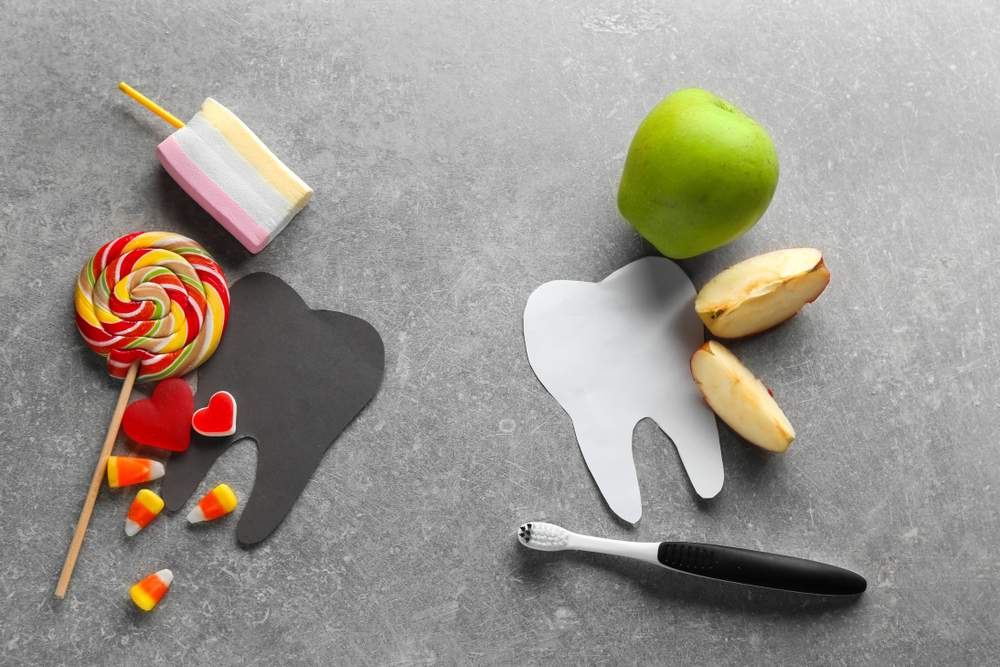
Only a few people realize it, but oral health is more important than most think. If the eyes are the window to your soul, the health of your mouth, gums, and teeth is the window to your overall health. Any oral problem can affect your body, making it essential to care for your mouth, teeth, and gums.
Your Diet and Nutrition Affect Your Mouth
There is a close relationship between oral health and nutrition. Eating a balanced diet means your body receives adequate nutrients necessary for a healthy mouth. On the other hand, a healthy mouth helps you eat well, which supports your nutritional health. The right foods and drinks help prevent tooth decay, gum diseases, bad breath, and other oral problems.
Your eating habits, food choices, and dietary needs matter. The nutrients in the food you eat and beverages you drink affect the health of your mouth. There’s calcium and phosphorus, for instance. These minerals are necessary for rebuilding and protecting tooth enamel, the hard outer layer of your teeth.
You will want to eat foods like milk, cheese, leafy greens, and plain yogurt — foods rich in calcium — to support your tooth health. On the other hand, water is the best beverage for a healthy mouth, teeth, and gums. Fluoridated water is beneficial as it prevents cavities, keeps your mouth clean, and keeps you from having a dry mouth.
Oral Health Affects the Rest of the Body
Oral diseases only affect the mouth. In truth, cavities, chronic bad breath, gum disease, and even teeth grinding can affect the rest of your body. Poor oral health can harm your health as it shares common risk factors with diabetes and cancers. The opposite is true — various health conditions increase the risk of developing oral diseases.
Conditions Linked to Oral Health
Below is a brief explanation of how oral health affects certain health conditions:
Pneumonia
There are more than 700 different bacteria that live in the mouth. Some are beneficial, while others are harmful. The lungs can sometimes pull these bacteria, which can cause various respiratory diseases, including pneumonia. This is common in the elderly, so they must maintain good oral hygiene.
Pregnancy and Birth Complications
Pregnancy can make some women more prone to cavities and gum diseases. This could be due to several reasons, such as sugar cravings, the oral cavity experiencing increased acidity, and poor oral health. Poor oral health can lead to low birth weight and premature birth, so oral hygiene is considered essential for prenatal care.
Cardiovascular Disease
It is not fully understood how oral health is connected to cardiovascular disease. However, some studies show that oral bacteria can cause inflammation related to stroke, clogged arteries, and heart disease. There are various theories, such as bacteria traveling through blood vessels to different body parts, causing inflammation and infection.
Endocarditis
It’s an infection of the inner lining of the endocardium, the heart chambers, or valves. Endocarditis often happens when germs or bacteria spread through the bloodstream and find their way into parts of the heart. The germs or bacteria come from other body parts, such as the mouth.
If you want to know more about how oral health and nutrition are connected, contact the John K. See, DDS, clinic at (805) 920-8600. Or, you can visit our office in Camarillo, California.










